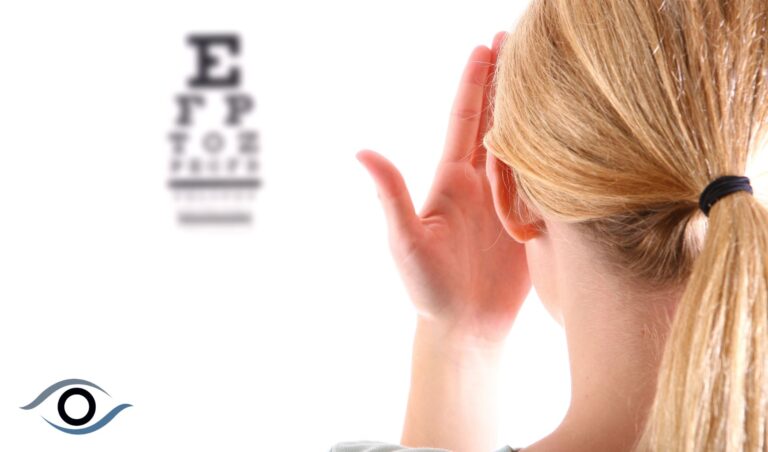Prevention is the best medicine, and a Comprehensive Eye Exam is no different.
Regular comprehensive eye exams are crucial as they can detect eye problems at an early stage when they are most treatable. They are also important for maintaining overall eye health and ensuring good vision.
Depending on your age, medical history, and any symptoms you have, additional tests may be performed. This could include tests for dry eyes, cataracts, macular degeneration, or diabetic retinopathy.
During your visit, our warm and friendly team is happy to answer any questions you have. Booking an eye exam at Hesla Optometry means supporting your vision, eyes, and general health.

Children: First exam at 6 months, then at 3 years, before first grade, and every 2 years thereafter.
Adults: Every 2 years, or annually if you have risk factors such as diabetes, high blood pressure, or a family history of eye disease.
Regular comprehensive eye exams are a key part of preventive health care, ensuring both the clarity of your vision and the health of your eyes.
Retinal Exams are a part of your Comprehensive Eye Exam and can help us detect many conditions that can develop without your knowledge.
While your vision might seem fine to you and you may not be experiencing any irritation or abnormal symptoms, that doesn’t mean you don’t need to worry about your eye health.
This test can assist professional optometrists to spot potential problems at the start.
This test can spot items such as:
Contact us if you have any questions, or book an appointment to see us.